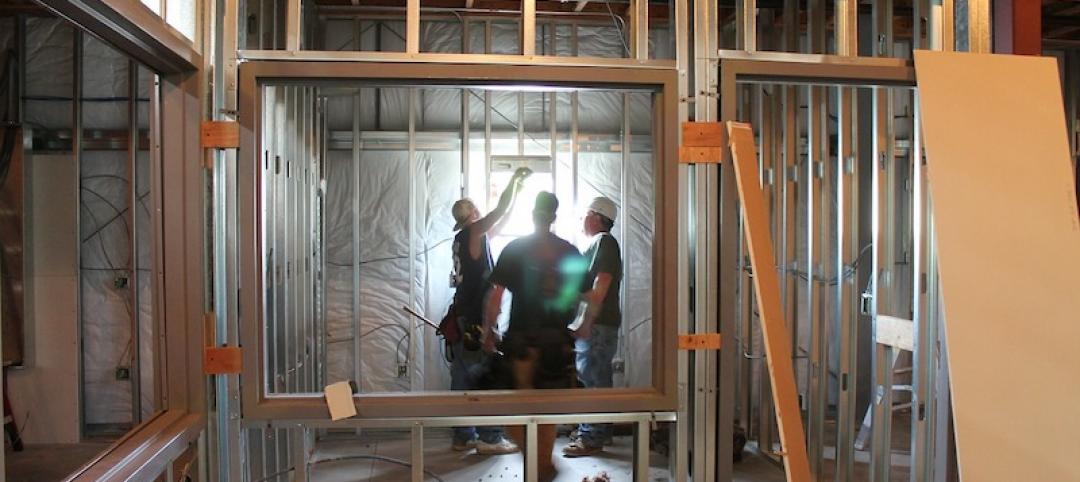The construction industry and real estate development could be hampered by the U.S. Congress’s failure to renew the Terrorism Risk Insurance Act (TRIA).
Insurance industry experts say without federal terrorism reinsurance in place for 2015, resulting canceled property/casualty insurance coverage and market chaos could be disruptive to the economy.
"A major terrorist attack occurring without a TRIA law on the books will be far more disruptive to the U.S. economy than one where TRIA is in place," saidInsurance Information Institute President Robert Hartwig. “Terrorism insurance policies are going to lapse in 2015, and insurers will be under no obligation to renew them, adversely impacting the construction, energy, and real estate industries, among others.”
Federal terrorism reinsurance had helped stabilize the market in the wake of the Sept. 11, 2011 terrorist attacks, and it had been renewed several times since. There was widespread bipartisan support for TRIA renewal, but retiring U.S. Sen. Tom Coburn, an Oklahoma Republican, held up passage. Coburn objected to a measure included in the bill that would have set up the National Association of Registered Agents and Brokers, an entity that would have potentially bypassed state regulators.
One positive sign: A.M. Best said it “has determined that no rating actions on insurers previously identified as over-reliant upon [TRIA] are necessary at this time.” The rating agency said it reviewed action plans from insurance carriers addressing what they would do if TRIA was not renewed and concluded that “sufficient mitigation initiatives were developed to avoid a material impact on a rating unit’s financial strength.”
(http://www.insurancejournal.com/news/national/2014/12/18/350561.htm)
Related Stories
Codes and Standards | May 15, 2020
European cities to revamp transportation after pandemic reopening
Road closures, new rules for public transit will be imposed.
Codes and Standards | May 14, 2020
Washington State construction industry restart plan has three phases
In state with earliest COVID-19 cases, advisory group developing priorities based on risk.
Codes and Standards | May 14, 2020
More mass timber beam and column options available in the U.S.
Freres Lumber unveils new line of structural elements suitable for high-rise buildings.
Codes and Standards | May 13, 2020
Researchers flag insufficient training for construction workers on healthcare projects
May contribute to fungal disease outbreaks that endanger patients
Codes and Standards | May 8, 2020
New NIBS report evaluates natural disaster mitigation strategies
Document examines strengthening buildings for flood, wind, wildfires, and earthquakes.
Codes and Standards | May 6, 2020
A few ways contractors can manage COVID-19 risks
Staggered start times, rigorous tool cleaning, virtual training among the strategies.
Codes and Standards | May 5, 2020
NAHB loses influence in 2021 IECC building code development
Despite objections from the National Association of Home Builders (NAHB), the development of the 2021 International Energy Conservation Code (IECC) is nearing conclusion. NAHB objected to several more stringent energy efficiency provisions.
Codes and Standards | May 5, 2020
2020 IECC will lead to significant carbon emissions reductions
New model building code nearly finalized.
Codes and Standards | May 4, 2020
New York expands prevailing wage law
Now includes private projects with 30% or more of public subsidies.
Codes and Standards | May 1, 2020
OSHA says most employers don’t have to track worker COVID-19 infections
Agency clarifies responsibility for contractors, others.

















